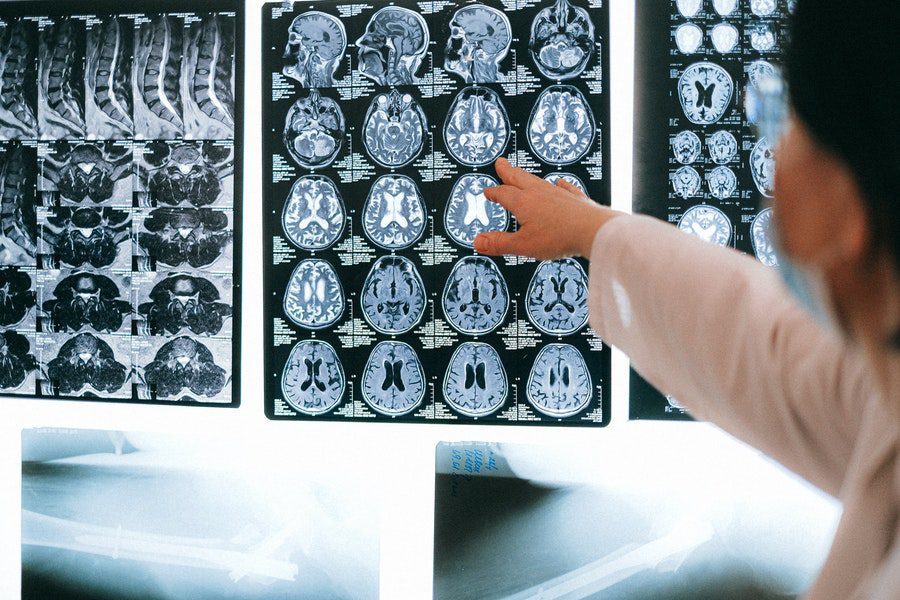Written by Jamie-Lee Woods
There is no better time than now to learn about what a stroke is, how to recognise the symptoms, and how we can protect ourselves from having one!
What is a stroke?
Our bodies are full of blood vessels transporting oxygen and nutrient filled blood to, and removing waste products from, our organs. A stroke happens when blood flow is restricted to the brain via a blockage or break in an artery (a blood vessel carrying blood to the brain). This can happen very quickly and as a result, brain cells die due to the lack of oxygen and nutrients. Depending on what part of the brain has been affected, will determine the kinds of effects (often lasting life-long) on a person who has experienced a stroke.
Some of these issues can include:
– Problems with speech
– Difficulty with co-ordinated movements (e.g. Walking, tying shoe laces, handwriting)
– Emotional changes such as depression
– Problems with reading and comprehension
– Issues with memory
What are the symptoms of a stroke?
It is important to know how to recognise the symptoms of a stroke, and act fast! It may well save your life or the life of your loved ones. The Stroke Foundation recommend the F.A.S.T. test as an easy way to remember the most common signs of a stroke. The F.A.S.T. test involves asking the following questions:
Face – Check their face. Has their mouth dropped?
Arms – Can they lift both arms?
Speech – Is their speech slurred? Do they understand you?
Time – is critical. If you see any of these signs call 000 straight away.
How can I protect myself from having a stroke?
The easiest way to protect yourself from having a stroke is to live a healthy lifestyle. By eating nutritious foods, exercising regularly, limiting your alcohol consumption and avoiding drugs, you are giving your body the best chance to prevent a stroke from happening. Conditions such as high blood pressure, high cholesterol and diabetes can increase your risk of stroke, and as such should be managed under the direction of your GP. Your pharmacist is also a valuable resource in helping you manage these conditions, by giving you information on your medication and tips for keeping healthy!
To find out more information, check out the Stroke Foundation website
https://strokefoundation.org.au or make an appointment with a PharmOnline pharmacist today!

